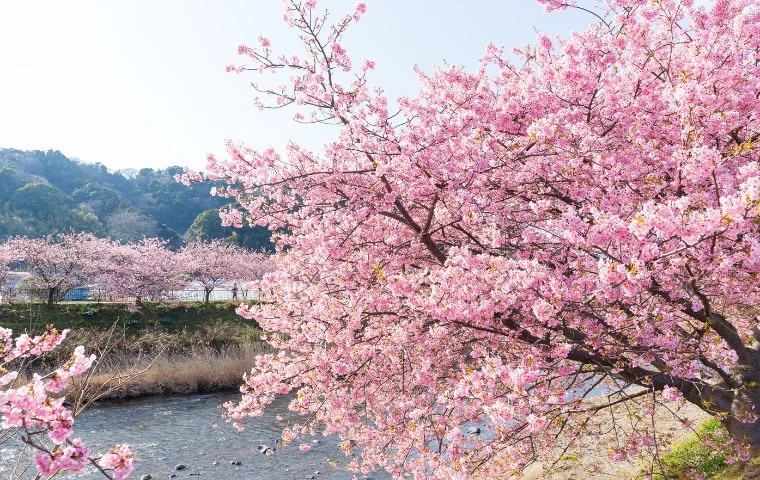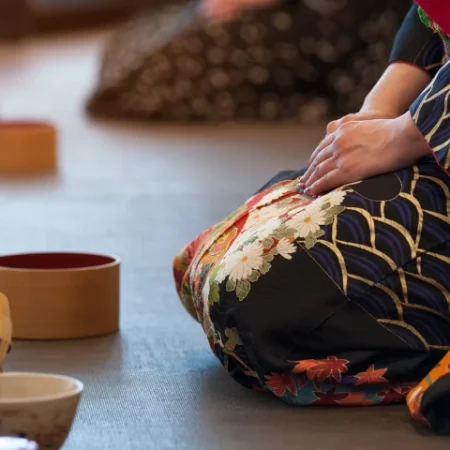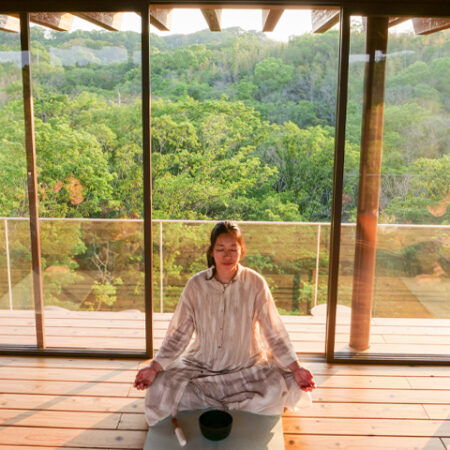Awaji Island, located in Hyogo Prefecture, Japan, is the biggest island in the Seto Inland Sea. It is known for its beautiful nature, rich culture, diverse cuisine using locally-sourced ingredients like Awaji Beef, and anime-related attractions, enabling travelers with various needs and preferences to enjoy the island.
Awaji Island experiences a temperate climate with distinct seasons, allowing you to pick your choice for a travel period. Here’s an overview of the weather on Awaji Island in each season:
Table of Contents
Spring on Awaji Island (March to May):

Spring on Awaji Island brings mild temperatures and blooming cherry blossoms. Average daytime temperatures range from around 10 to 20 degrees Celsius (50 to 68 degrees Fahrenheit). Spring is a popular time to visit Awaji for the picturesque cherry blossom viewing, with parks and gardens coming to life with vibrant pink and white flowers.
Summer on Awaji Island (June to August):

Summer on Awaji Island is characterized by warm to hot, and humid weather. Daytime temperatures range from approximately 20 to 30 degrees Celsius (68 to 86 degrees Fahrenheit). July and August are the warmest months, with occasional rainfall. Summer is an ideal time for beachgoers, and the island hosts various outdoor festivals and events during this season.
Autumn on Awaji Island (September to November):

Autumn brings comfortable temperatures and colorful foliage to Awaji Island. Daytime temperatures range from around 15 to 25 degrees Celsius (59 to 77 degrees Fahrenheit). The island’s parks and natural landscapes transform into a tapestry of red, orange, and yellow hues, making it an excellent time for nature walks and sightseeing.
Winter on Awaji Island(December to February):

Winter on Awaji Island is relatively mild, with cooler temperatures but not as harsh as in northern parts of Japan. Daytime temperatures range from approximately 5 to 15 degrees Celsius (41 to 59 degrees Fahrenheit). While snowfall is rare, the island may experience cool, crisp days. Winter is a quieter time on Awaji, offering a peaceful atmosphere for those who prefer less crowded travel experiences.
It’s important to note that weather conditions can vary, and it’s always a good idea to check the specific forecast closer to your travel dates. For more on Japan’s seasons please check our article on the Four Seasons of Japan.
Overall, Awaji Island’s climate allows for year-round exploration, with each season offering its own unique charm and attractions.















